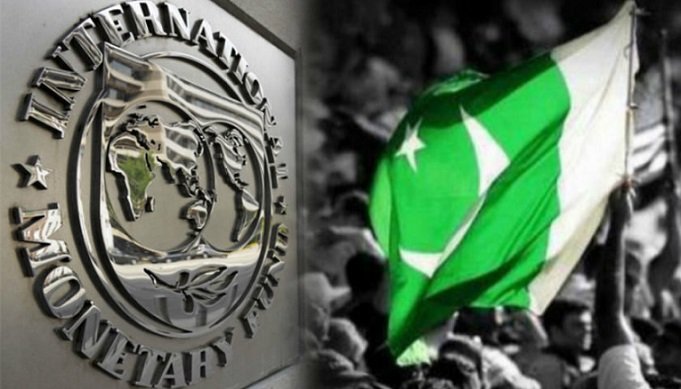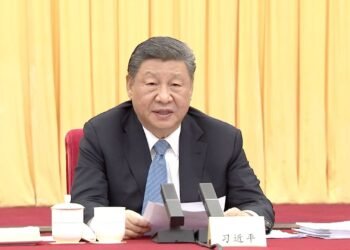Pakistan continues to face challenges in securing the much-needed bailout from the International Monetary Fund (IMF). After months of negotiations, the country is trying to fulfill stringent conditions set by the IMF for releasing a $1.1 billion tranche from the extended $6 billion loan. This funding is essential for Pakistan to manage its external debt and avoid a default.

The delay in securing IMF assistance has exacerbated Pakistan’s economic troubles. The country is dealing with rampant inflation, a depleting foreign reserve, and a severe energy crisis. Inflation hit a record high of 38% in May 2023, driven by rising fuel and food prices. The Pakistani rupee has also depreciated significantly against the U.S. dollar, further intensifying the financial strain on the population.
In an effort to stabilize the economy, the Pakistani government has implemented several tough measures, including hiking energy prices and cutting subsidies. These steps, while necessary for securing the IMF bailout, have added to the burden on the country’s middle and lower-income groups. The political landscape has also been destabilized by the economic crisis, with the government facing growing public discontent.
Despite these challenges, Pakistan remains hopeful that it can secure the IMF deal. The IMF has reiterated its commitment to helping Pakistan stabilize its economy, but it has urged the government to carry out deep structural reforms. The success of these negotiations will be crucial in determining whether Pakistan can weather its ongoing economic crisis


























